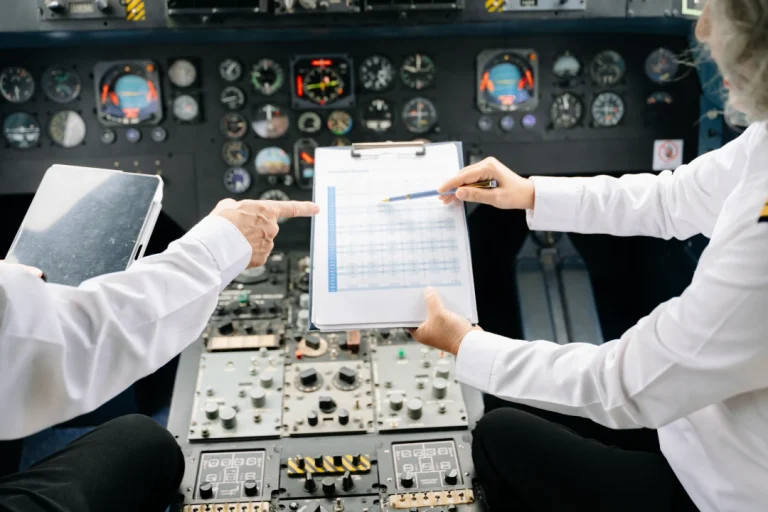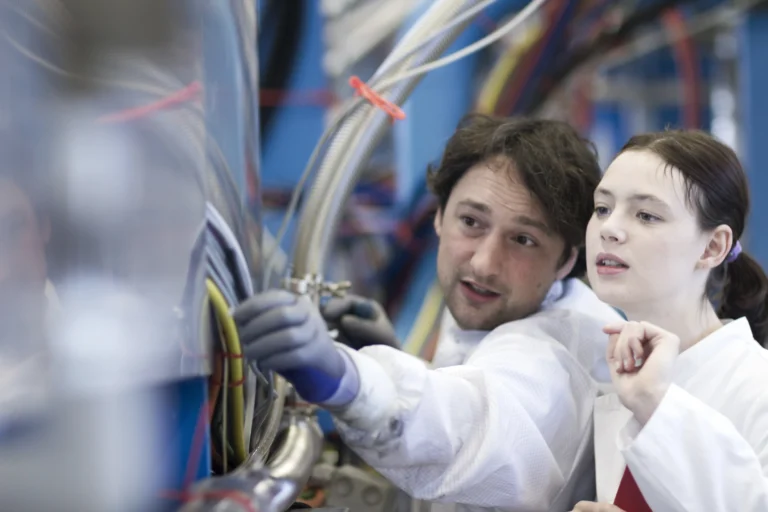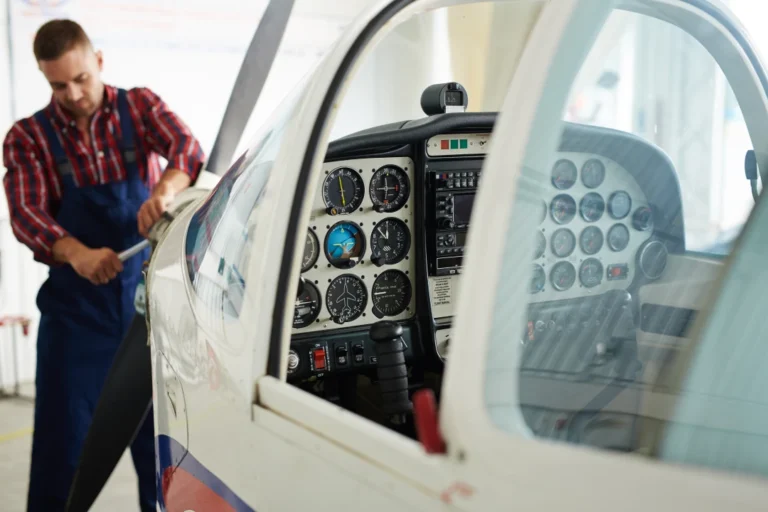Introduction:
In the rapidly evolving aerospace industry, ethical considerations play a crucial role in decision-making processes, guiding professionals to navigate complex moral dilemmas and uphold the highest standards of integrity and responsibility. From safety and environmental sustainability to privacy and social equity, aerospace ethics encompass a wide range of issues that impact stakeholders and society at large. In this blog, we’ll delve into the realm of aerospace ethics, exploring the moral dilemmas faced by industry professionals and strategies for navigating them.
Safety First:
Ethical Obligations in Aviation Safety
Ensuring the safety of air travel is a fundamental ethical imperative in the aerospace industry. Aerospace professionals must prioritize safety above all else, making decisions that prioritize human lives and well-being over commercial interests or organizational goals. From aircraft design and maintenance to air traffic management and pilot training, ethical considerations must guide every aspect of aviation safety to minimize risks and prevent accidents.
Environmental Responsibility:
Ethical Stewardship of Natural Resources
Ethical Stewardship of Natural Resources The aerospace industry has a significant environmental footprint, with aircraft emissions contributing to air pollution, climate change, and habitat destruction. Aerospace professionals have an ethical obligation to minimize the environmental impact of aviation operations through sustainable practices, fuel-efficient technologies, and emissions reduction strategies. Ethical stewardship of natural resources involves balancing the economic benefits of air travel with the environmental costs, striving to minimize harm to the planet and future generations.
Privacy and Data Protection:
Ethical Considerations in Aviation Security
As aviation technology becomes increasingly interconnected and data-driven, concerns about privacy and data protection are paramount. Aerospace professionals must respect passengers’ privacy rights, safeguard sensitive information, and protect against cybersecurity threats to ensure the security and integrity of aviation systems. Ethical considerations in aviation security involve balancing the need for effective security measures with respect for individual privacy rights and civil liberties, ensuring that surveillance and data collection are conducted in a transparent and accountable manner.
Social Equity:
Ethical Imperatives for Inclusive Access to Air Travel
Ensuring equitable access to air travel is an ethical imperative in the aerospace industry, with aerospace professionals striving to address disparities in access and opportunity for underserved communities. From designing inclusive airport facilities to offering affordable airfares and accessibility services, aerospace professionals must consider the needs of diverse populations and promote social equity in aviation operations. Ethical imperatives for social equity involve advocating for policies and initiatives that reduce barriers to air travel and promote inclusivity and accessibility for all passengers.
Ethical Leadership:
Fostering a Culture of Integrity and Responsibility
Ethical leadership is essential for fostering a culture of integrity and responsibility in the aerospace industry, with leaders setting the tone for ethical behavior and decision-making at all levels of the organization. Aerospace professionals must lead by example, upholding ethical principles such as honesty, transparency, and accountability in their interactions and decision-making processes. Ethical leadership involves creating an environment where ethical dilemmas are openly discussed, ethical concerns are addressed promptly, and ethical conduct is valued and rewarded.
Conclusion:
Aerospace ethics are at the heart of responsible decision-making in the aerospace industry, guiding professionals to navigate moral dilemmas and uphold the highest standards of integrity and responsibility. By prioritizing safety, environmental sustainability, privacy, social equity, and ethical leadership, aerospace professionals can contribute to a safer, more sustainable, and more equitable future for air travel and the broader aerospace community.










